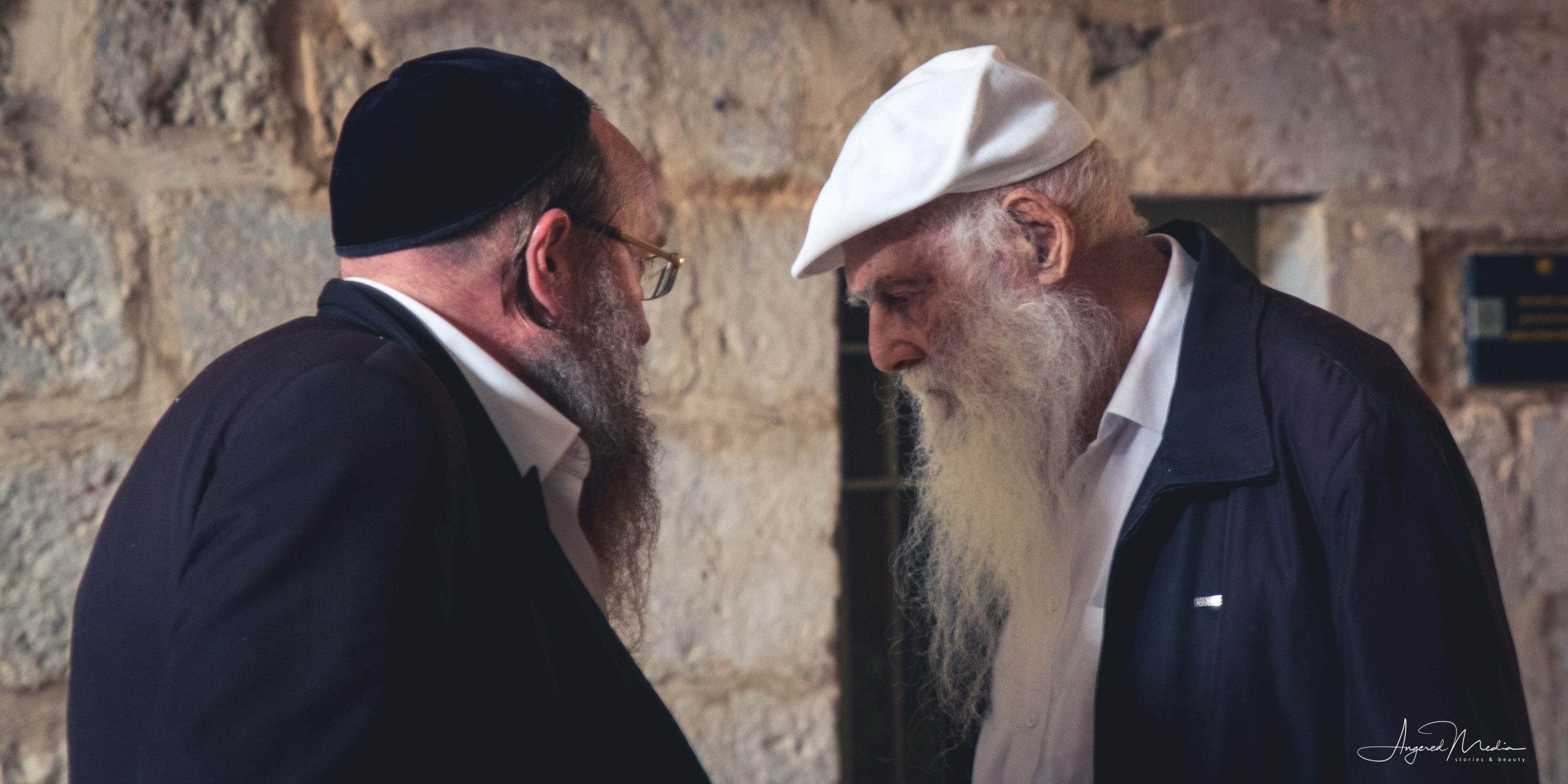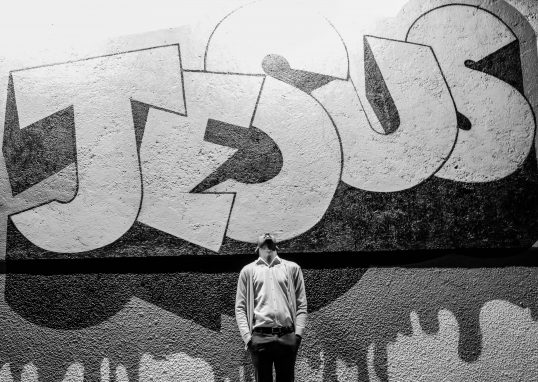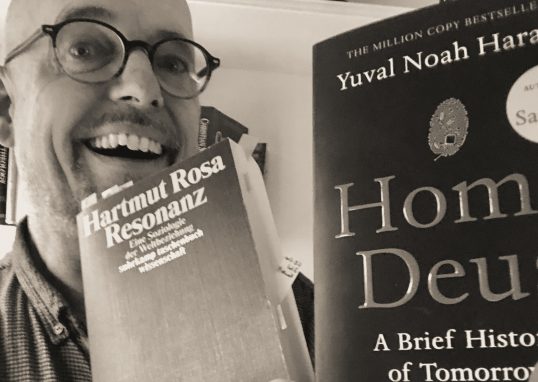
Christian dialogue with those who think differently serves our own strength, maturity and credibility. Above all, however, it prevents the extinction of the European church.
“I agree with atheists on a lot, basically almost everything, except that God doesn’t exist,” says Czech priest Tomáš Halík. I found this statement so beneficial that I keep picking up the book in which I found it, leafing through it, browsing through its stories, thoughts and biblical interpretations. Because after more than 15 years in the “church field service”, which allows me to stay mostly outside church walls, after all those countless encounters, stories, meals, experiences, discussions and hugs, sometimes a frightening thought hits me: it appears to me that I understand people outside the church much better than Christians – those to whom I actually belong. No, don’t worry, please. I’m not in the process of falling away from faith. On the contrary.
It is just because of all the countless encounters with doubts and doubters that my faith seems to have been ennobled, cultivated, seasoned. After all, the purpose of a refinery is to improve a raw material by removing substances that impair its quality. Nowadays, I even enjoy having my beliefs officially questioned by doubters in order to be able to detect even more and hidden weaknesses in my Christian philosophy of life. So it is precisely those who think differently who sharpen my thinking and mature my spirit.
What worries me, on the other hand, is that – just like Tomáš Halík – I now understand many of the arguments and criticisms of the doubters better than the supposed Christian “correct answers” of many believers. Many of those critical questions are absolutely needed, meaningful and appropriate. For example, the long-running topic of theodicy has still not been solved, and it seems it never will be, but thanks to countless discussions and contributions, it has led to so many approaches helping to understand many other things a little better. We need such debates, the exchange of ideas, joint discussion. Therefore, I am troubled by the fear that makes many fellow believers rather look the other way or cross the street than face a severe doubt. In church circles, it is so much easier to read and talk about the doubters than to them. Some of the typical Christian answers sound as if it were a simple child’s play to wipe all doubts off the table and to convince every critic. Unbeatable arguments are delivered to Christian believers like weapons, what is hardly delivered, however, is any help or coaching for real listening. That worries me.
Jesus hardly gave simple answers. He never came up with blatant propaganda. Rarely did he answer yes or no. He much preferred to respond through counter-questions or strange stories, he encouraged people to think. Jesus sought the confrontation, the conversation – without becoming watery and colorless. On the contrary, his reactions are still read and interpreted to this day. Many Christians, on the other hand, avoid a constructive controversy – leading to becoming irrelevant. I remember a pastor who explained to me at length why he did not allow his congregation to attend the (Christian) conference on the Church of the Future: “The topics alone that you had in the agenda would have derailed my church.” There wouldn’t have been challenging participants or speakers at the conference, it was a simple Christian conference for theological reflection on very current topics – which he withheld from his congregation for fear of going off the rails. That kind of fear to meet the other worries me.
And so, in pluralistic Europe, many devout people withdraw into their bubbles, mourn the times gone by, when the church was still in the middle of the village, the pastor was still something and there were hardly any alternatives or people of other faiths. In this pious bubble you feel safe and secure from the devil’s hypermodern cruise missiles, and this security is good and important, no doubt. But the devil doesn’t need any rockets at all – as long as the church doesn’t even notice that the pious bubble we’re keeping ourselves in is the perfect field for the diabolical seeds of apostasy! Here that seed will find the perfect soil in the perfect climate. It will grow slowly but powerfully. For you’ll never be seriously challenged in the pious bubble. You’ll never learn to defend your point of view in a conversation with a neighbor of other convictions. You’ll never know anything about strengths and weaknesses – neither your own nor those of the other. You’ll never get the slightest sense of the greatest weakness of all that’s growing within you: your own overconfidence. It won’t take a lot to make you fall. It will be quite easy. Like the disciples in Gethsemane, many contemporary disciples of our day do rest in an unholy slumber. That worries me.
You would learn to swim only in the water, to ride a bike only with bloody knees and hands, and faith is not a pill simply to be swallowed but a concept of life based on something as impossible as the resurrection. That life needs constant training and refinement. Our master showed us how to do that: he constantly questioned his environment and allowed himself to be questioned in order to then react in quite some original ways. What would have happened to Jesus if he hadn’t done that? Well, the NT would be pretty thin then, we’d hardly know anything about him, and he would certainly not have died on the cross, but of a fatty heart – without any calluses on his tender feet. It would be the same for us too, as long as we keep sticking to church circles only: we will perish from convenience, die from an overdose of comfort and be forgotten. In our blinded condition we won’t notice anything anymore and overlook the signs of the times. We will be overwhelmed by sleep, and then by reality. That worries me.
Jesus seemed to have understood the not-so-pious ones of his day better than the religious ones. His harshest criticism is aimed at believers. Priests like Tomáš Halík, who also deal a lot with not so pious people, do understand that. And that gives me hope.





